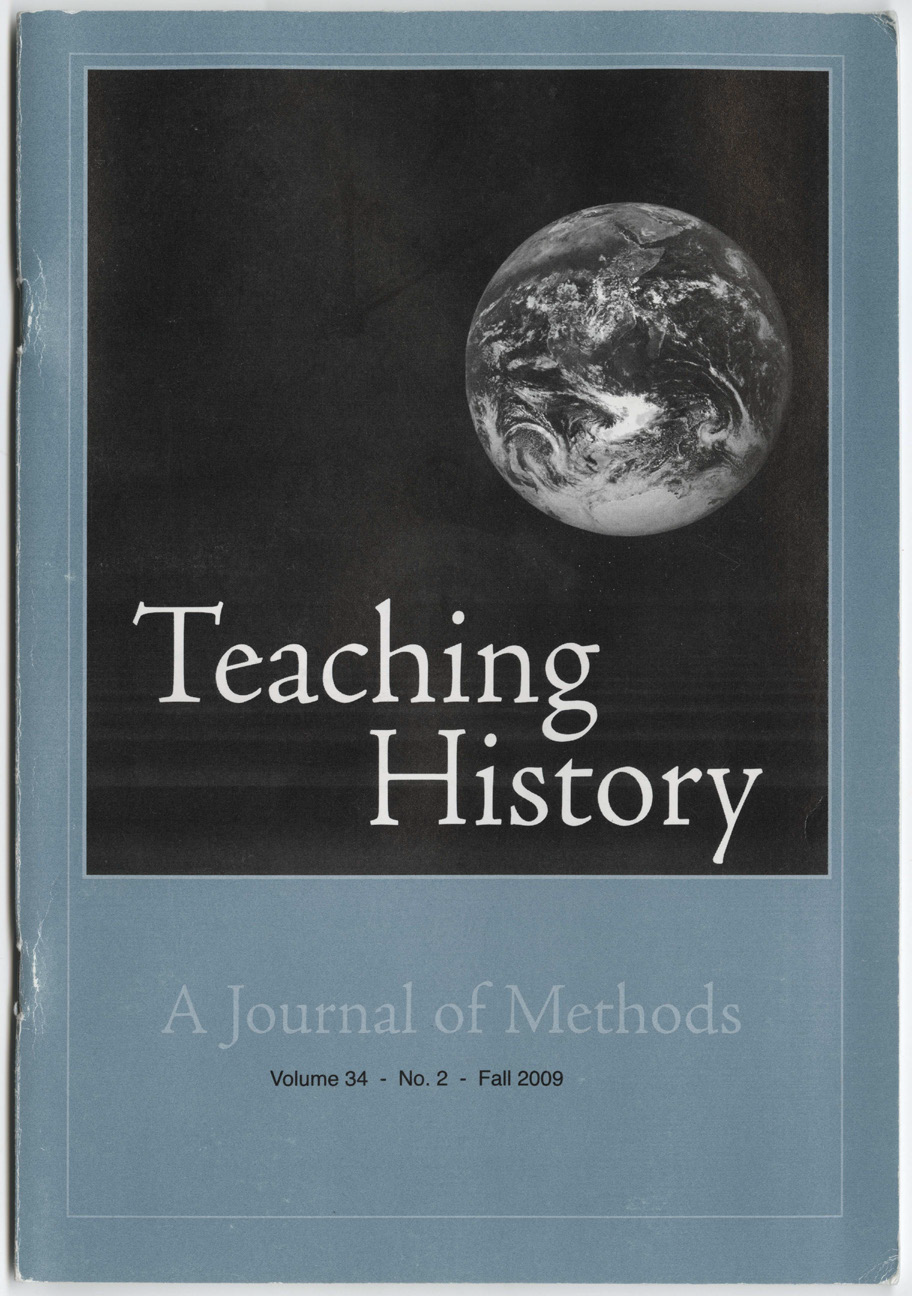Tosh, Why History Matters
DOI:
https://doi.org/10.33043/TH.34.2.98-99Abstract
In his fascinating book on the place of history in modem society, John Tosh, a social historian at Roehampton University in the United Kingdom, begins with the 2003 invasion of lraq. Blithely ignorant of the historical forces and precedent in that region, Anglo-American citizens later would be surprised by Iraq's turmoil in the months and years that followed an apparently easy conquest. Other than the 1991 Gulf War, few had any inkling of past interventions or knowledge that British troops had fought their way to Baghdad during the First World War and, in the process of establishing its mandate, took heavy casualties in a series of revolts and insurgencies. The legacy to the modem world was an artificial state with Kurdish and Shiite majorities controlled by a Sunni Islam minority, multiple coups against dictatorial governments, and the ultimate dictator in Saddam Hussein. In Tosh' s view, those watching speeches by Tony Blair and George W. Bush were generally unaware of the narrative of Iraqi history. Without this perspective, citizens of these democracies were unable to participate rationally in the political debate. What makes Tosh's message especially interesting is that he places much of the blame for the uninformed citizen squarely on the backs of modem historians who "are strangely reluctant to adopt the role of expert" in ongoing political debates.
Downloads
Downloads
Published
How to Cite
Issue
Section
License
Copyright (c) 2009 Stephen A. Bourque

This work is licensed under a Creative Commons Attribution-NonCommercial-NoDerivatives 4.0 International License.
By submitting to Teaching History, the author(s) agree to the terms of the Author Agreement. All authors retain copyrights associated with their article or review contributions. Beginning in 2019, all authors agree to make such contributions available under a Creative Commons Attribution-NonCommercial-NoDerivatives 4.0 International license upon publication.



